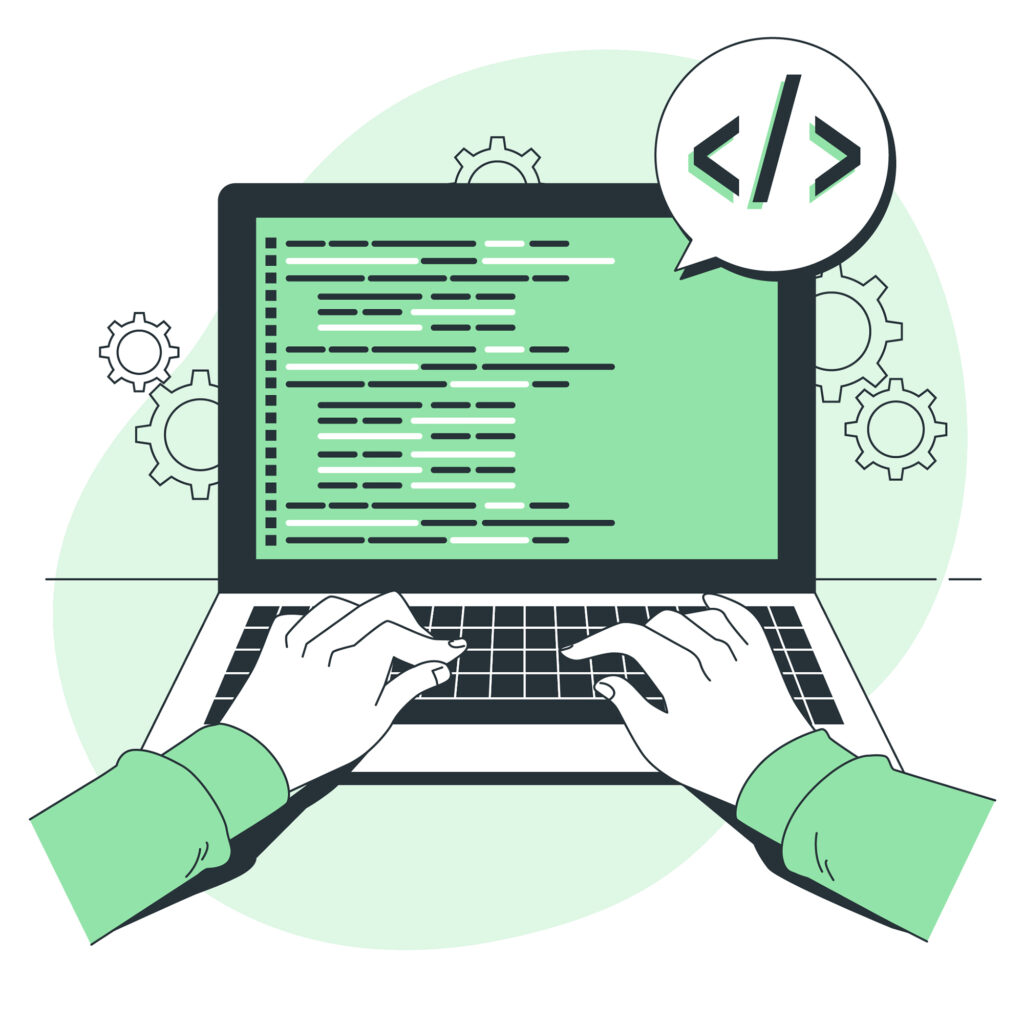Frontend|Front end developer meaning

Frontend
Frontend refers to the part of a software application or website that is visible and accessible to the user. It encompasses the design, layout, and functionality of the user interface, as well as the technologies used to create it.
The front end is responsible for rendering the user interface, displaying content, handling user input, and communicating with the back end of the application. It typically involves using technologies such as HTML, CSS, and JavaScript to create interactive and responsive interfaces that users can easily navigate and interact with.
The goal of front-end development is to create a visually appealing and intuitive user interface that provides a seamless user experience. This requires a strong understanding of design principles, as well as the ability to write clean, efficient, and maintainable code.
how to send awsdatetime from frontend
AWSDateTime is a data type used in the AWS SDKs and APIs to represent timestamps in a specific format required by AWS services.
To send an AWSDateTime from the front end, you can use the AWS SDK for JavaScript or any other compatible SDK to format a JavaScript date object into an AWSDateTime string. Here’s an example code snippet using the AWS SDK for JavaScript:
javascript
Copy code
const AWS = require(‘aws-sdk’);
AWS.config.update({ region: ‘your-region’ }); // set the AWS region
const myDate = new Date(); // create a new JavaScript date object
const awsDateTime = AWS.util.date.iso8601(myDate); // convert the JavaScript date object to an AWSDateTime string
In the above example, you can replace your region with the AWS region that you want to use. Once you have the AWSDateTime string, you can send it to the backend through an API request or any other suitable method.
Note that if you are using a different programming language or SDK, the specific method for formatting a date object into an AWSDateTime string may differ. Check the documentation for the relevant SDK or API to find the appropriate method.

could not get lock /var/lib/dpkg/lock-frontend
The error message “could not get lock /var/lib/dpkg/lock-frontend” typically occurs when there is another process running that is using the package management system (dpkg or apt). This could be caused by another package manager, such as Synaptic, running in the background or another installation or update process that has not been completed yet.
To fix this error, you can follow these steps:
Check if there is any other process running that is using dpkg or apt. You can do this by running the following command in the terminal:
CSS
Copy code
ps aux | grep -I apt
This will display a list of running processes that contain the word “apt”. If you find any running process, then you need to wait for it to complete before trying again.
If you don’t find any running processes, then it’s possible that the lock file was not properly released. In that case, you can remove the lock file by running the following command in the terminal:
bash
Copy code
sudo rm /var/lib/dpkg/lock-frontend
This will remove the lock file, allowing you to use dpkg or apt again.
If the above steps don’t work, you can try rebooting your system and then attempting to install or update the package again.
Once you have fixed the issue, you should be able to use dpkg or apt without any issues.
could not get lock var lib dpkg lock frontend
The error message “could not get lock /var/lib/dpkg/lock-frontend” typically occurs when there is another process running that is using the package management system (dpkg or apt). This could be caused by another package manager, such as Synaptic, running in the background or another installation or update process that has not been completed yet.
To fix this error, you can follow these steps:
Check if there is any other process running that is using dpkg or apt. You can do this by running the following command in the terminal:
CSS
Copy code
ps aux | grep -I apt
This will display a list of running processes that contain the word “apt”. If you find any running process, then you need to wait for it to complete before trying again.
If you don’t find any running processes, then it’s possible that the lock file was not properly released. In that case, you can remove the lock file by running the following command in the terminal:
bash
Copy code
sudo rm /var/lib/dpkg/lock-frontend
This will remove the lock file, allowing you to use dpkg or apt again.
If the above steps don’t work, you can try rebooting your system and then attempting to install or update the package again.
Once you have fixed the issue, you should be able to use dpkg or apt without any issues. front-end developer meaning
A front-end developer is a type of software developer who specializes in creating and implementing the user interface (UI) and user experience (UX) design of a website or web application.
Front-end developers use a variety of programming languages such as HTML, CSS, and JavaScript to create and maintain the visual elements and interactive features of a website. They work closely with designers, back-end developers, and other stakeholders to ensure that the website or application meets the user’s needs and is functional across different devices and platforms.
Some common tasks that front-end developers perform include writing code to create responsive layouts, designing and implementing user interfaces, optimizing website performance, debugging and troubleshooting issues, and staying up-to-date with new web development technologies and trends.
Contact us

Pak Address:
Johar Town H Block lahore, Pakistan
amnakhank22@gmail.com

+92 316 5544991